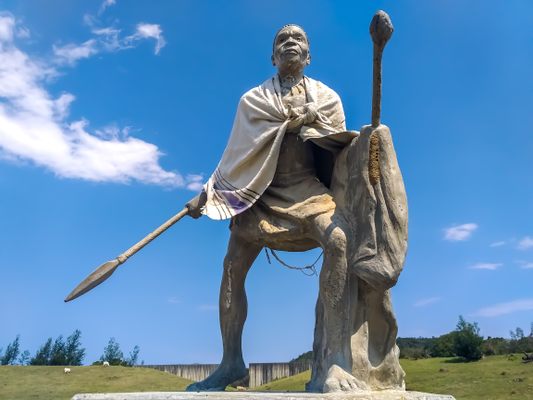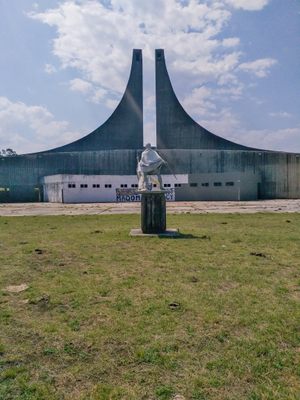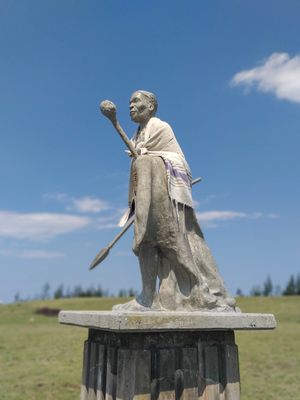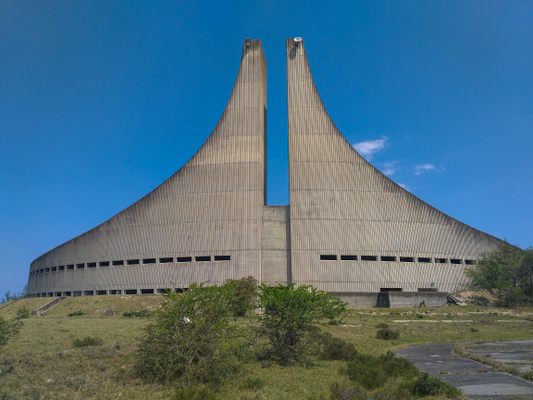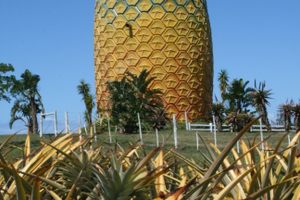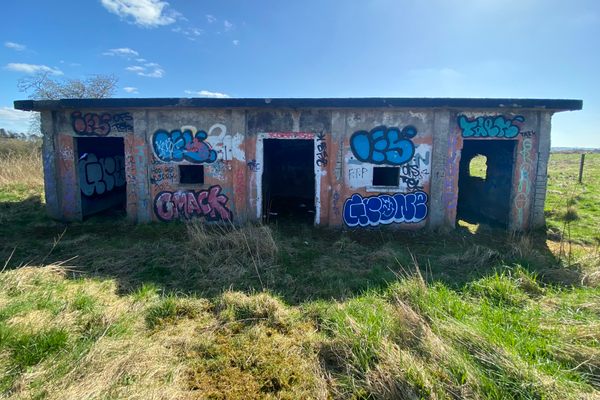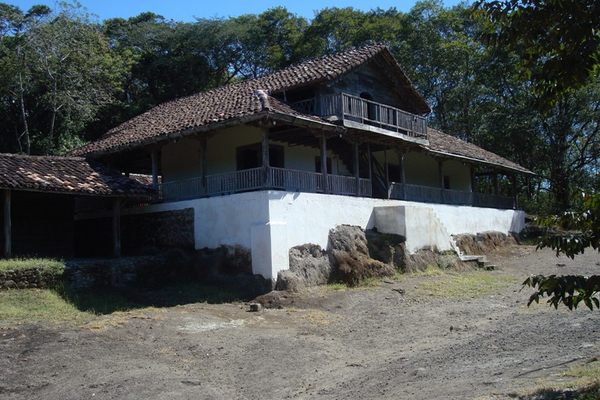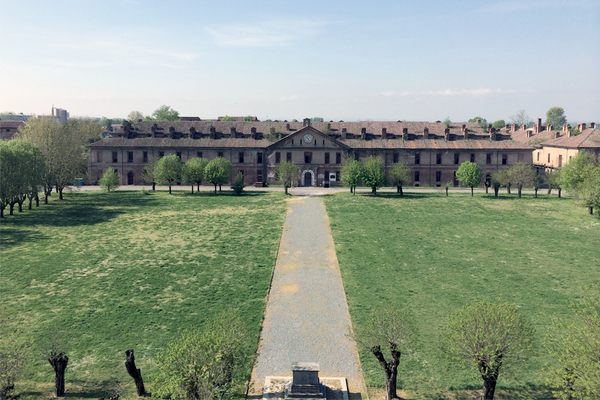About
The monument to Chief Maqoma, at the summit of the Ntaba ka Ndoda mountain, is a commemoration of one of South Africa’s greatest heroes, and a celebration of a life devoted to the struggle of his Xhosa nation against colonialism. The mountain is revered as one of the country’s most historically significant and sacred sites, but the monument itself has been shrouded in controversy since its inception, and is today mostly neglected and deserted.
Nkosi (or Chief) Jongumsobomvu Maqoma was born in 1798, to Ntontho, the Right Hand (or second) wife of Nkosi Ngqika, of the Rharhabe division of the Xhosa nation of South Africa. At the time, the kingdom and lands of the amaXhosa were under severe threat by the eastward expansion of the Cape Colony.
As a young leader, Maqoma had initially agreed with his father’s tactics of compromise and appeasement to prevent his land from being overrun. Eventually, all diplomatic options were exhausted and he was belatedly forced to join a military conflict against the British.
Maqoma was a reluctant warrior, who was also tactically astute and strategically brilliant. He conducted several hugely successful guerrilla campaigns against British forces and colonialists in the Amathole Mountains region during the Frontier Wars, also known as the Xhosa Wars of Dispossession.
The Ntaba ka Ndoda mountain played an enduring and ever-present role in Maqoma’s campaigns, as it was a staging point for one of his earliest experiences of combat. The mountain's forested slopes provided invaluable cover and concealment for his forces.
Maqoma was captured twice and banished to Robben Island. He was one of the first political prisoners incarcerated on the infamous island prison off the shore of Cape Town, that would later hold Nelson Mandela.
Maqoma died on Robben Island in September 1873. His passing was witnessed by a visiting Anglican priest, who wrote that he "cried bitterly, before dying of old age and dejection." He was buried on the island in an unmarked grave. Not long after his death, colonial historians attempted to undermine the chief’s legacy by describing him as an alcoholic absconder, with a tendency to abandon his responsibilities at the most inopportune times. This charge is vociferously and convincingly denied by the oral histories of his amaNgqika clan, as well as several contemporary witnesses and sources.
In 1981, a controversial, sprawling monument in honor of the chief was unveiled at the site of his grave. It had been commissioned by President Lennox Seebe, the leader of Ciske.
The residents of Maqoma’s home region saw the monument as a cynical attempt by Seebe to lend a veneer of legitimacy to his faux-presidency and rejected the monument outright.
The wings of the half-moon, concrete structure rise toward the center into two separate, thin towers, with wide lawns and grassy hills creating a low amphitheater at its back.
In the middle of the rearward lawns, on a six-foot-high plinth, stands the latest addition to the memorial: a statue of Nkosi Maqoma in polished concrete. It shows the warrior-philosopher king with an assegai spear in his right hand and a bulbous-headed knobkierie in his left, leaning forward as if ready to charge into battle.
Related Tags
Know Before You Go
The Ntaba ka Ndoda memorial is reached by following the R63 road from King William's Town in the direction of Alice for roughly twenty minutes, turning right onto the R352 towards Keiskammahoek, and then left onto the gravel road indicated by a sign that reads "Chief Maqoma's Grave."
It is best to follow these directions, and not use navigational apps, as they indicate an incorrect, inaccessible route.
The road passes initially through traditional Eastern Cape homesteads and then winds steadily up the slopes of the mountain. The summit is generally accessible with a sedan vehicle, as the condition of the gravel is mostly quite good.
Community Contributors
Added By
Published
March 9, 2021
Sources
- https://www.sahistory.org.za/article/eastern-cape-wars-dispossession-1779-1878
- https://uncensoredopinion.co.za/celebrating-nkosi-jongumsobomvu-maqoma/
- https://uncensoredopinion.co.za/celebrating-nkosi-jongumsobomvu-maqoma/
- https://www.jstor.org/stable/3171978 Timothy J. Stapleton, The Memory of Maqoma: An Assessment of Jingqi Oral Tradition in Ciskei and Transkei, History in Africa, Vol. 20 (1993)
- https://www.dailymaverick.co.za/article/2020-11-24-if-these-mountains-could-speak-day-trip-to-the-amathole-mountains/
